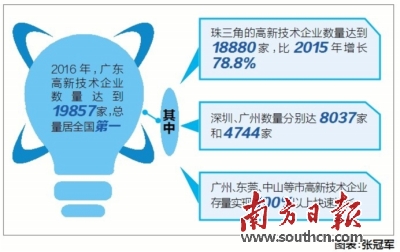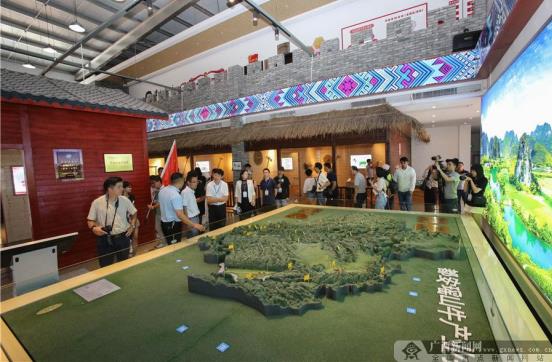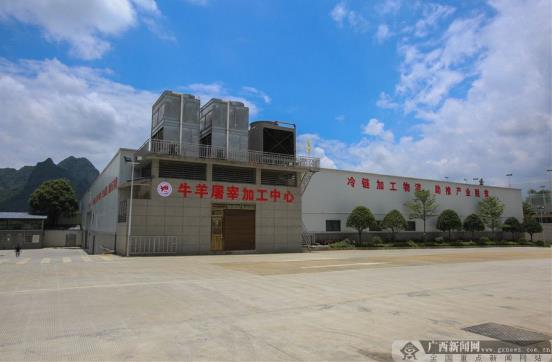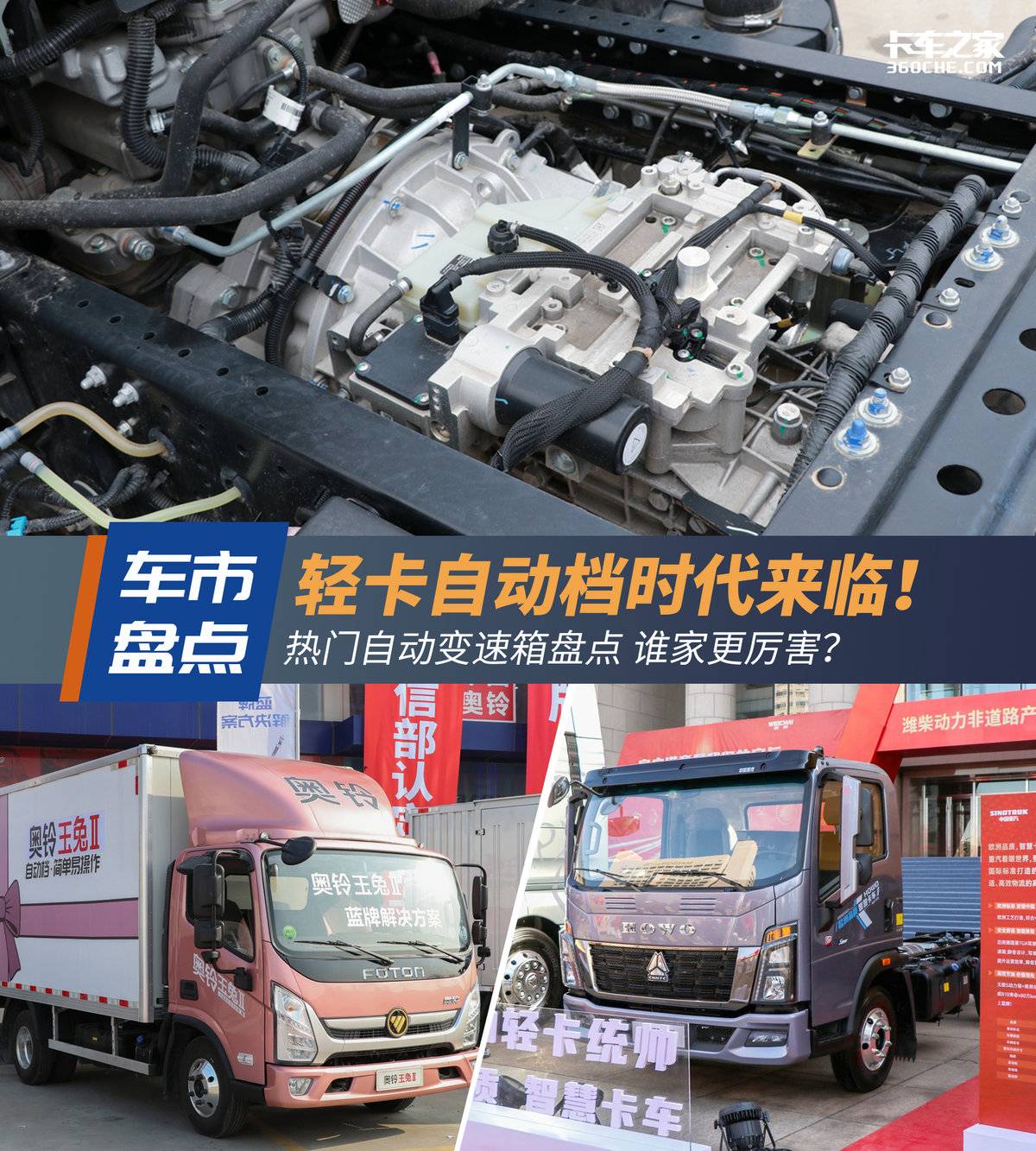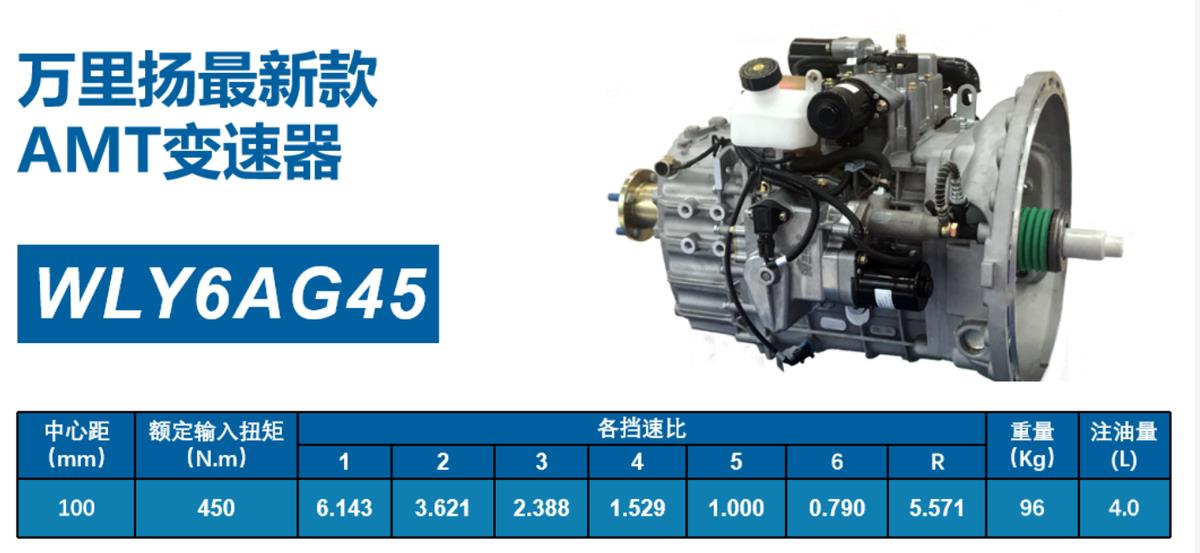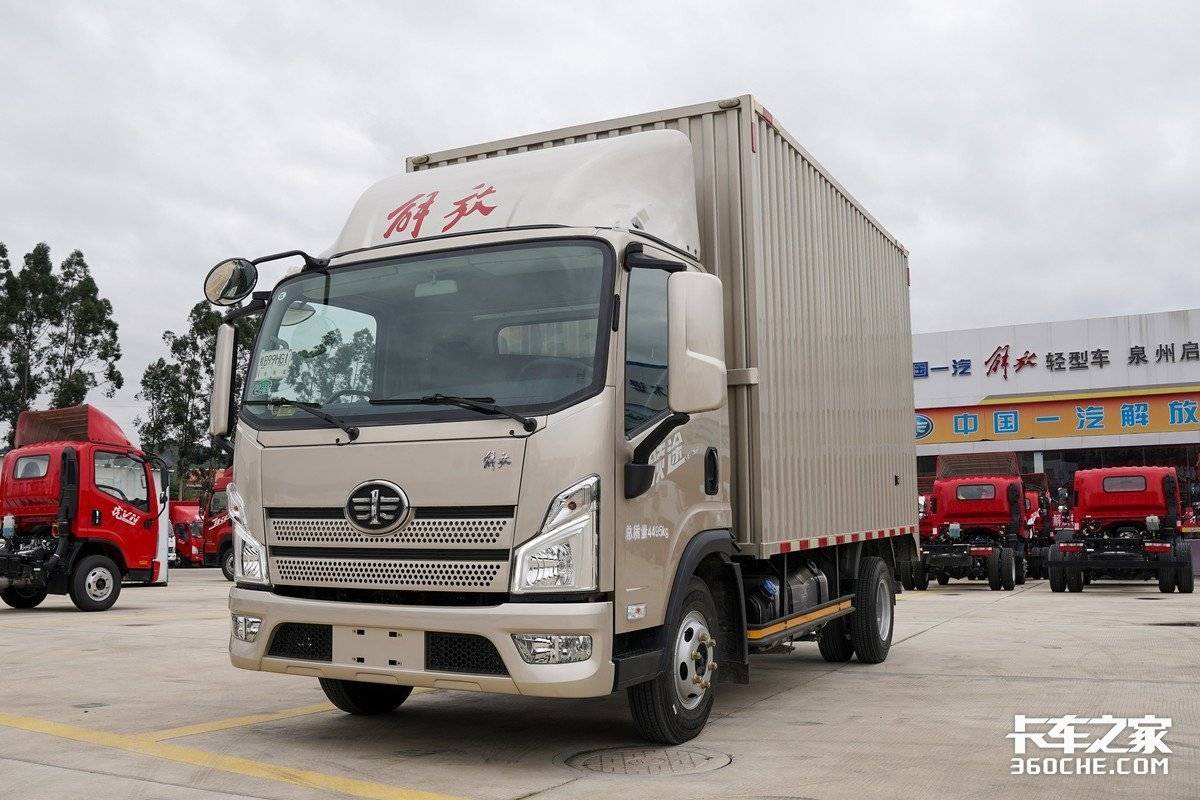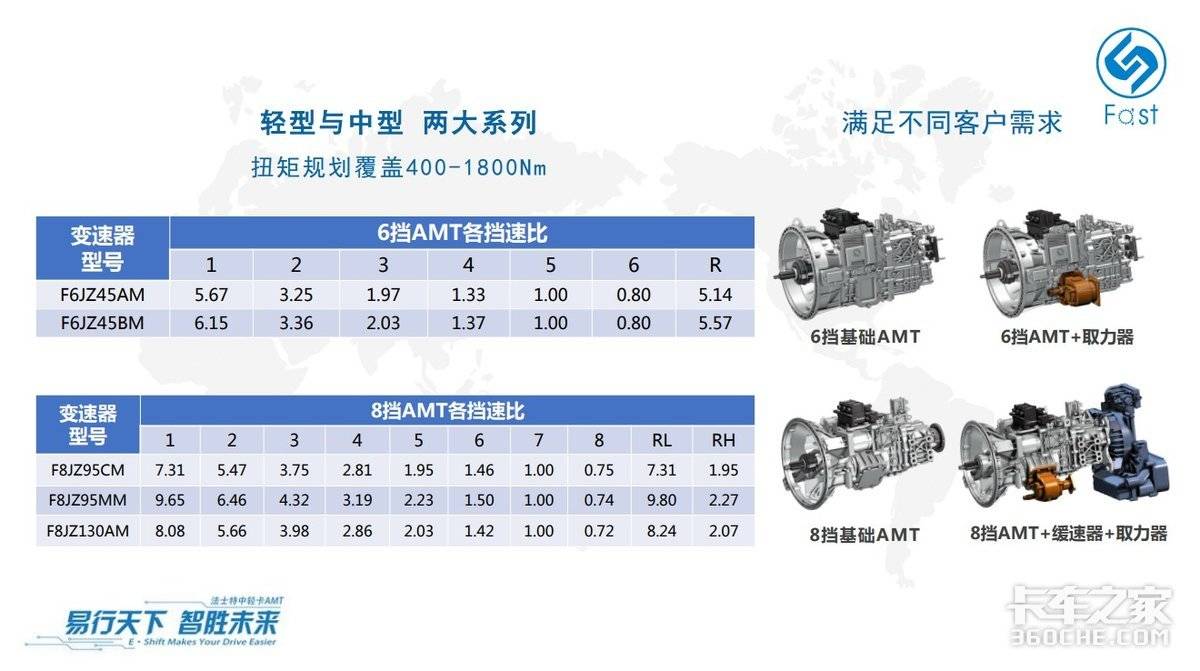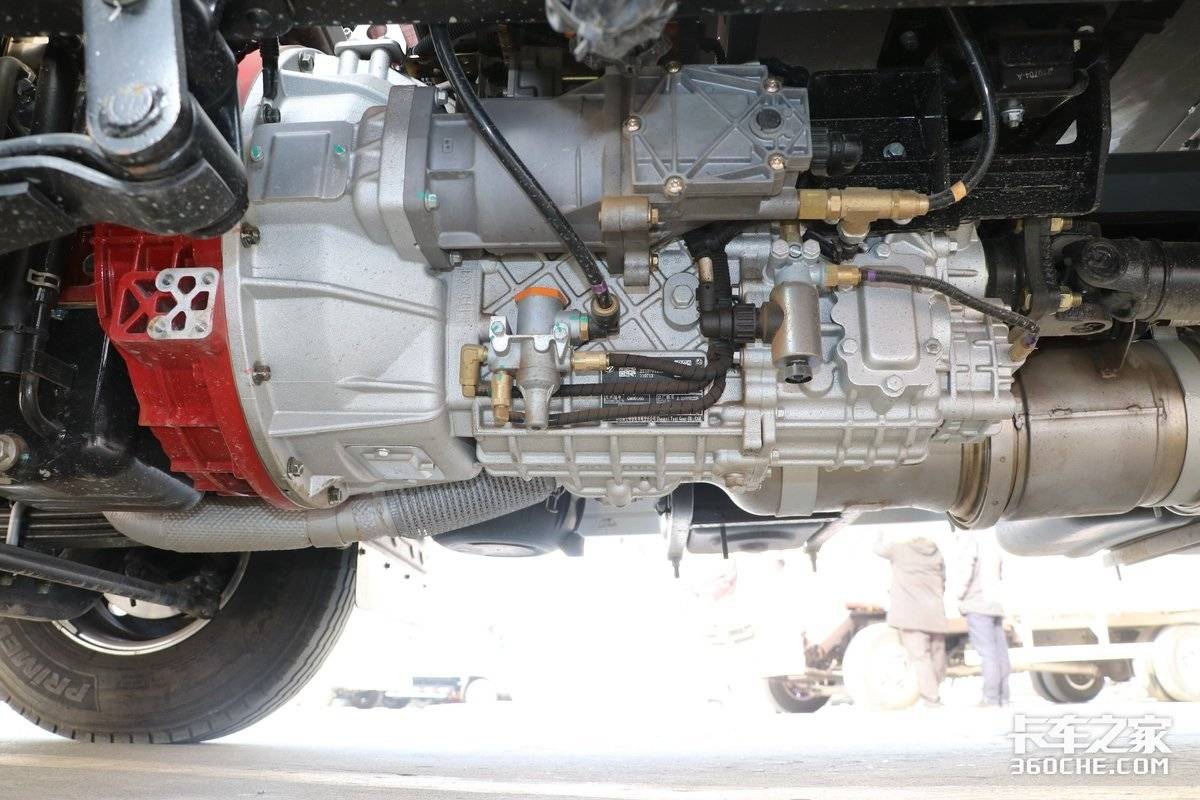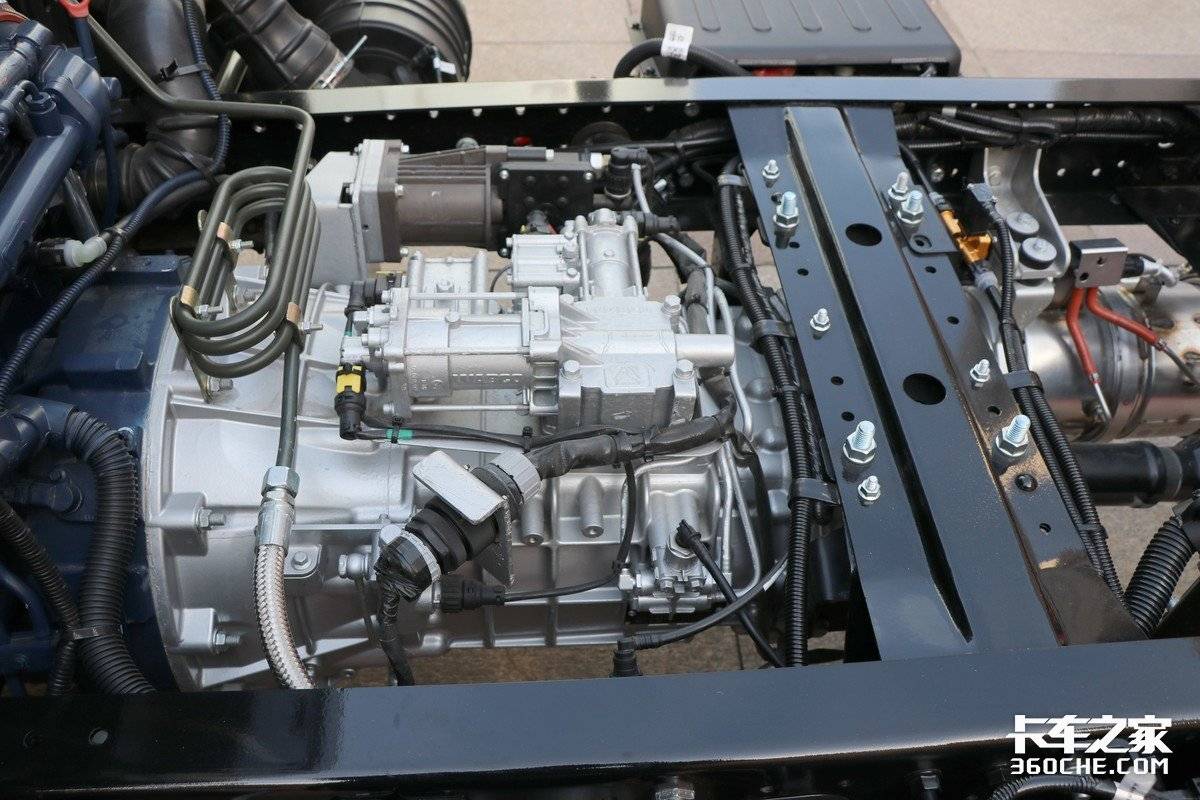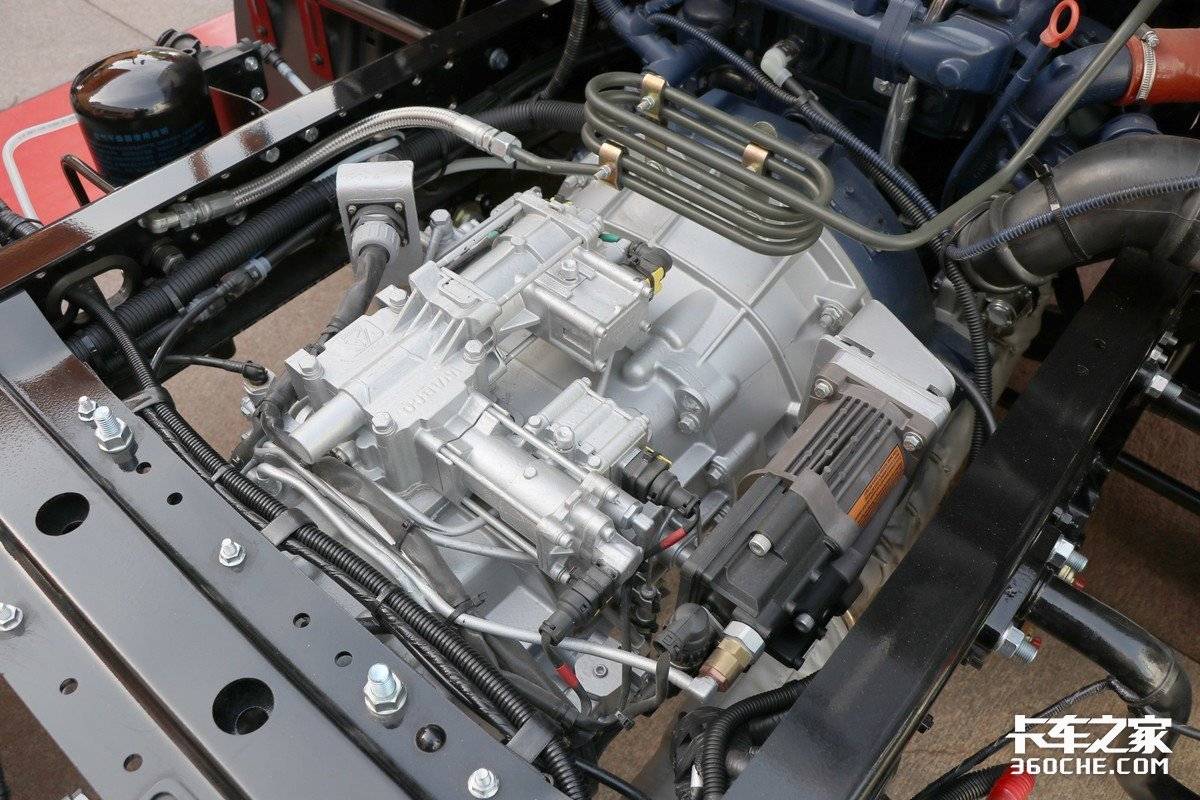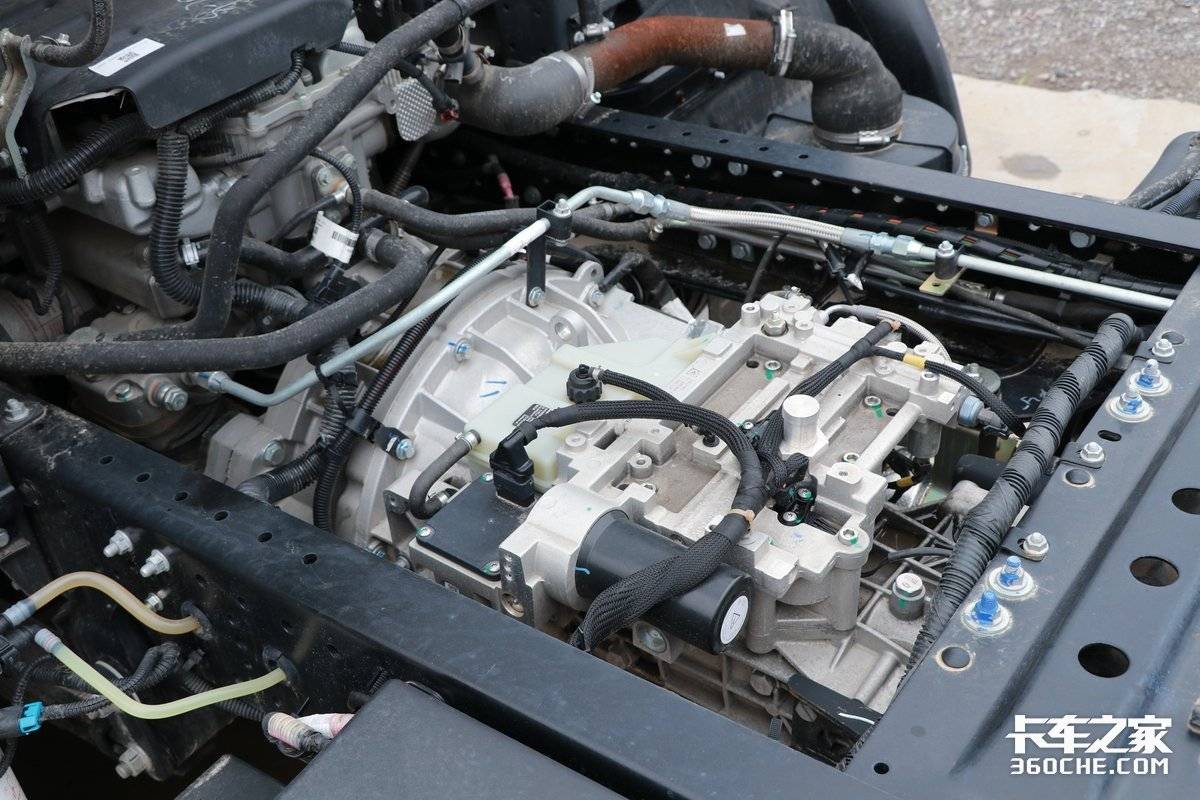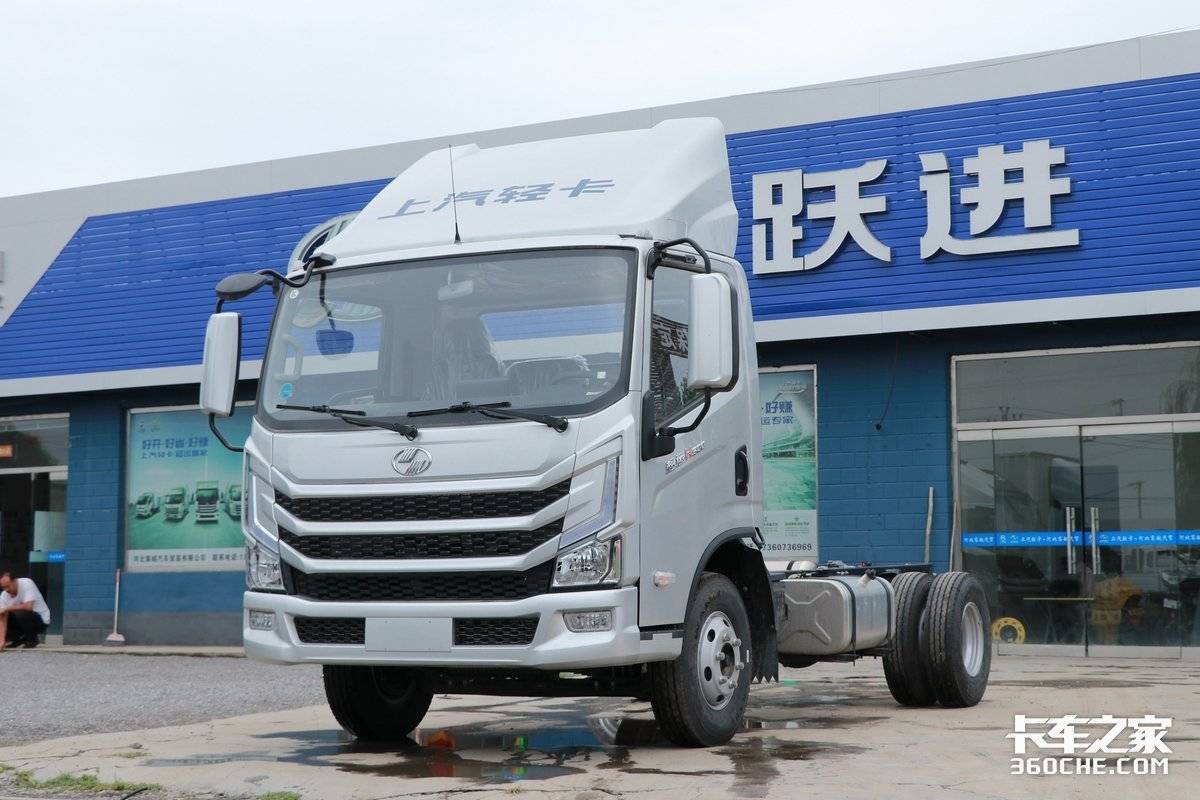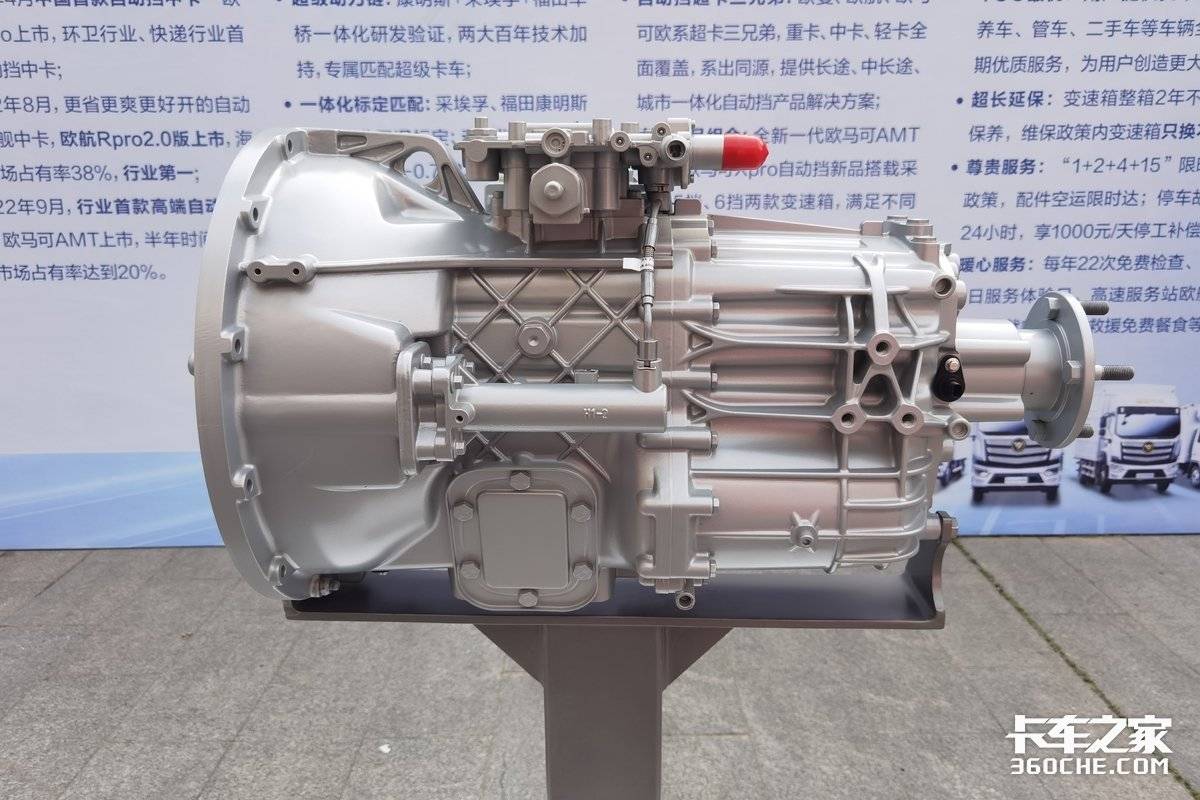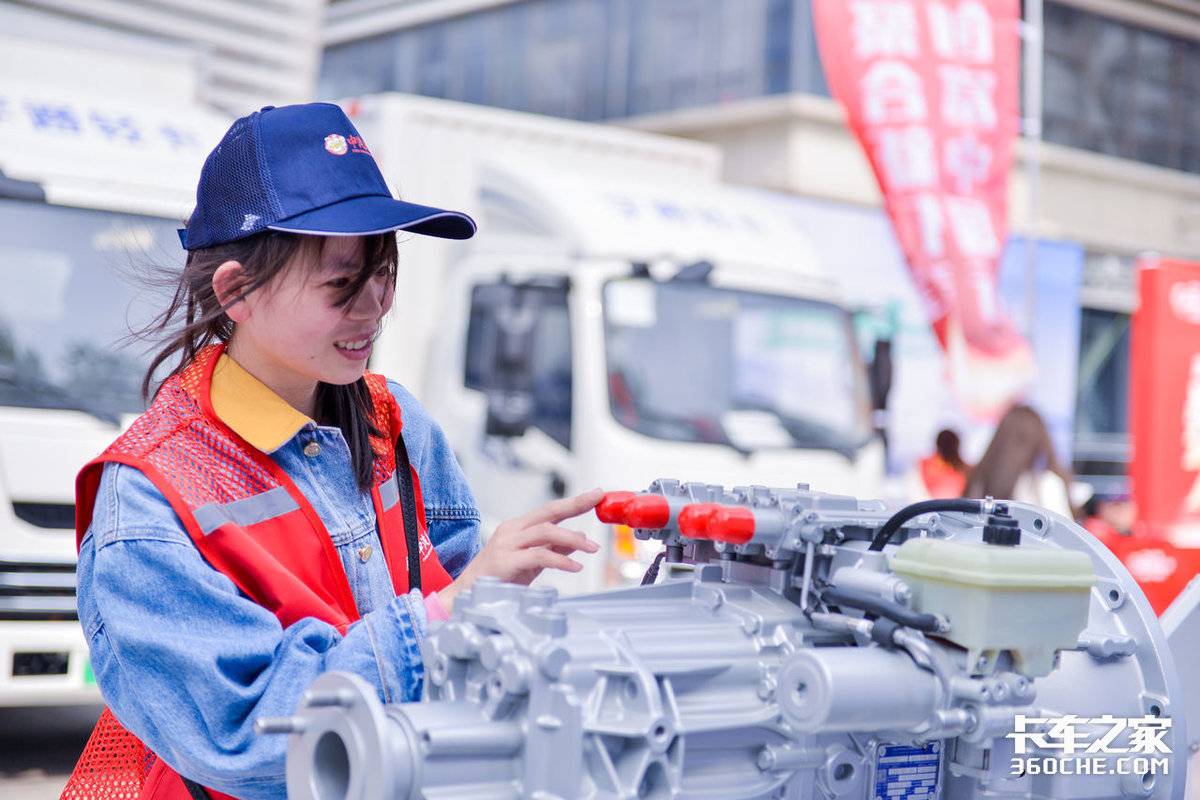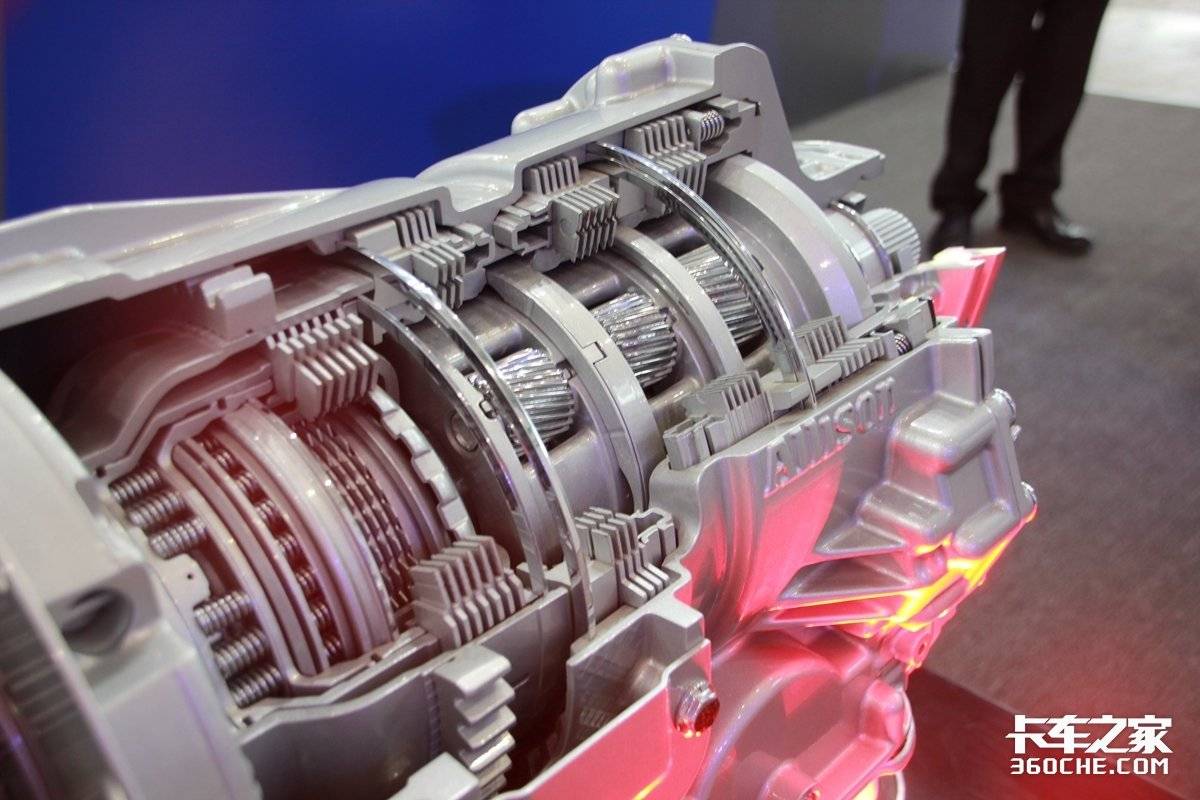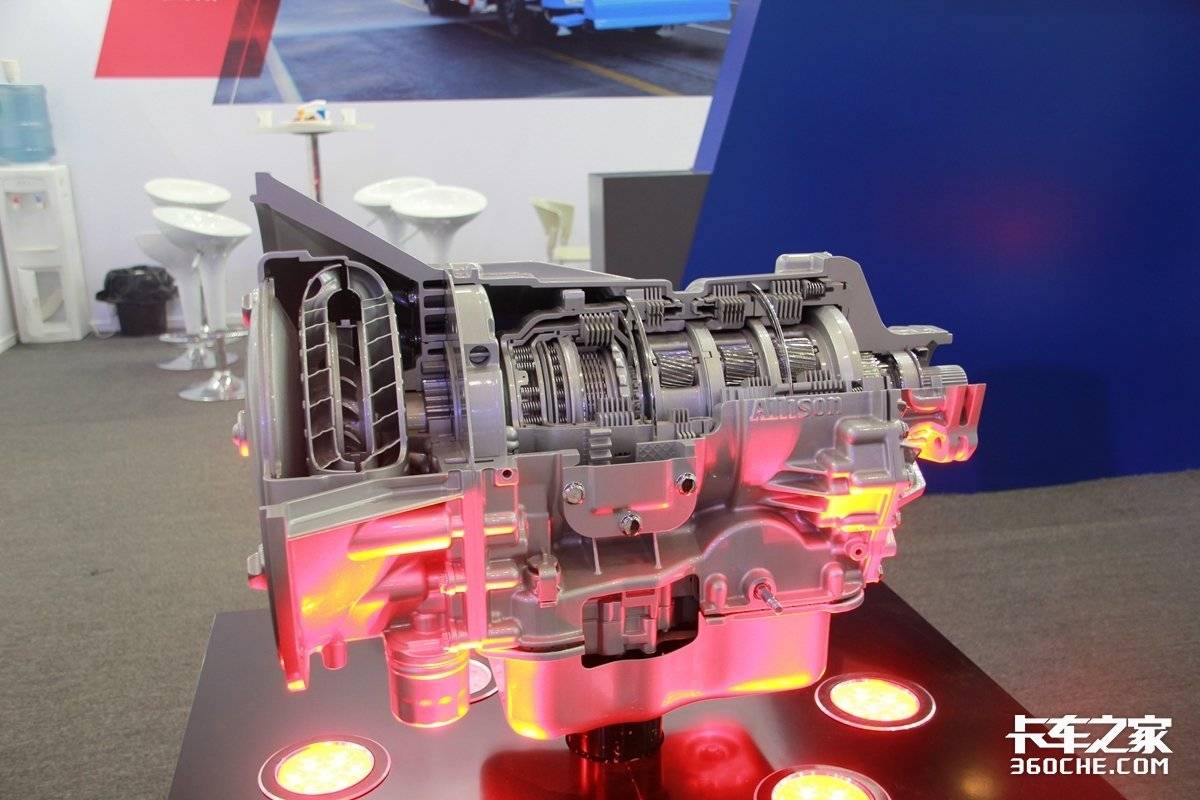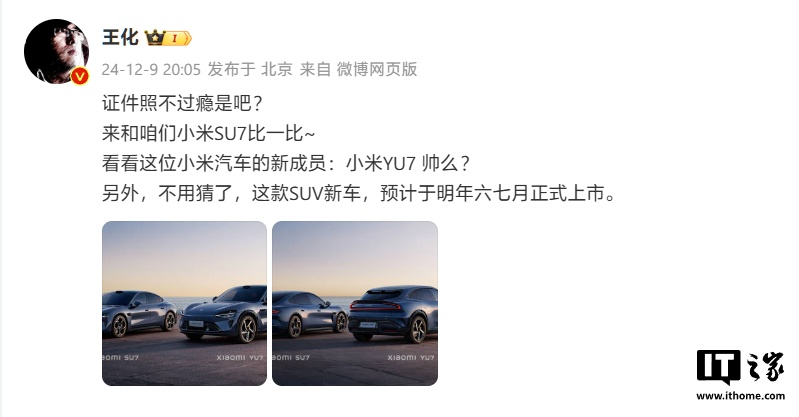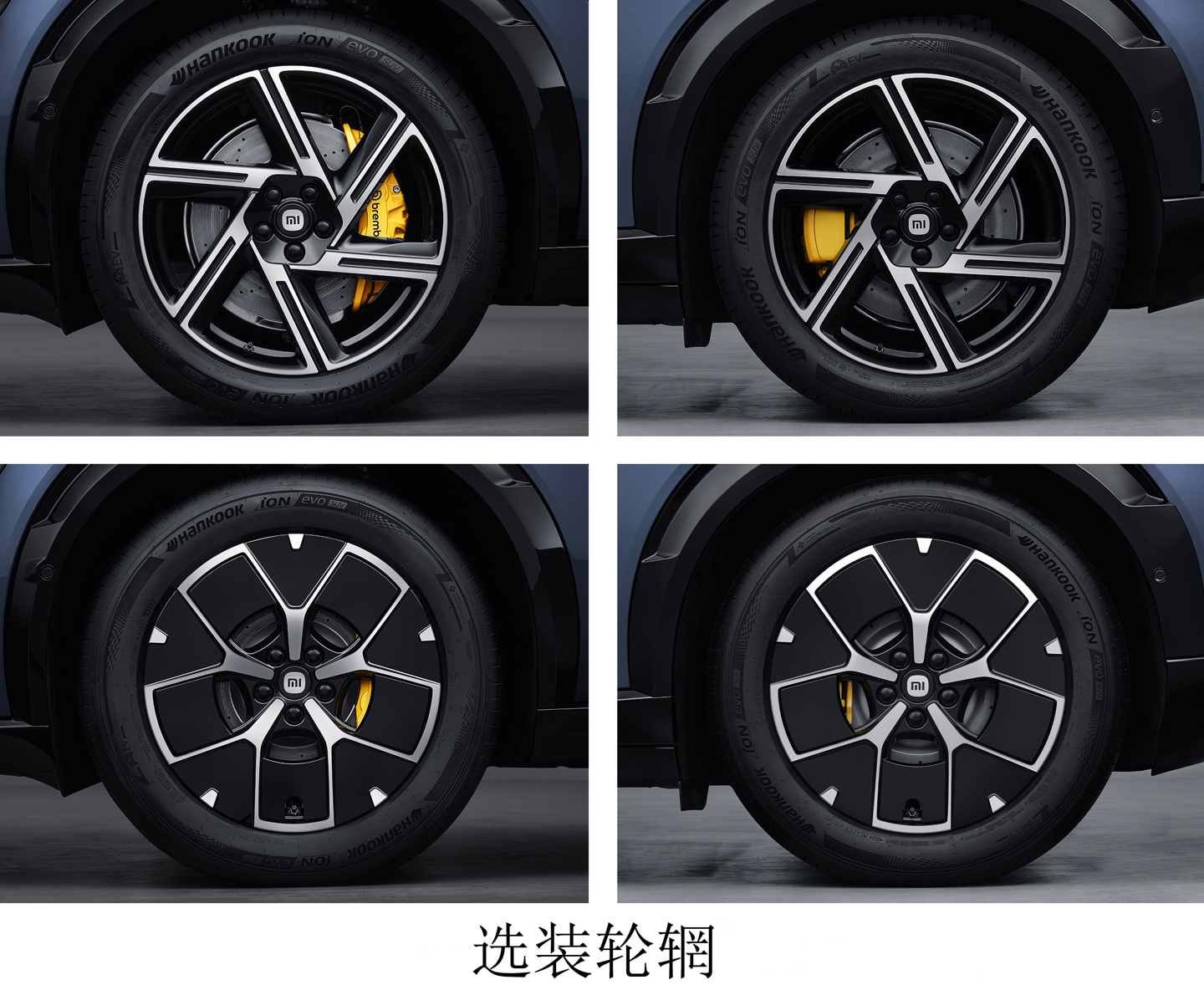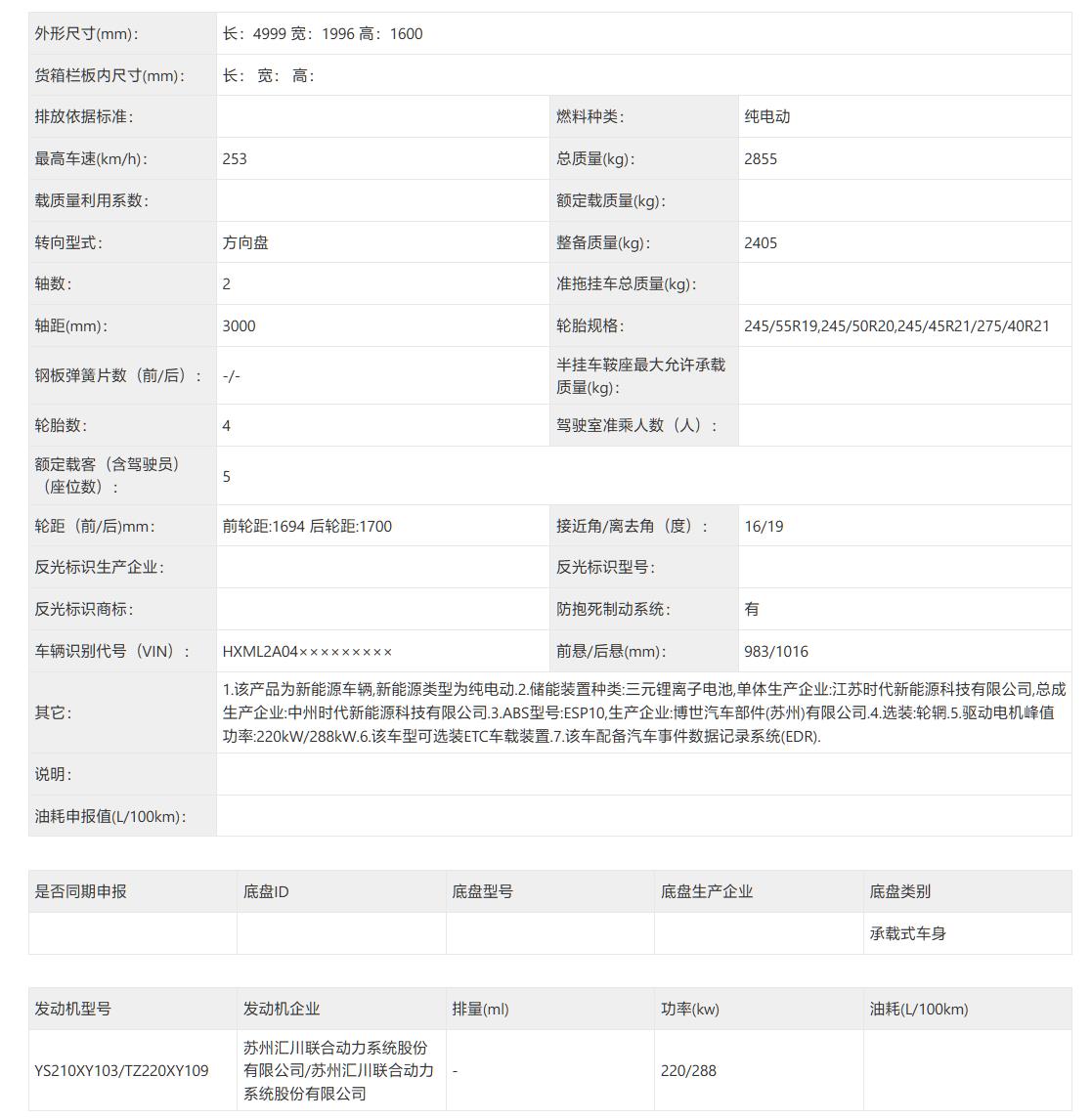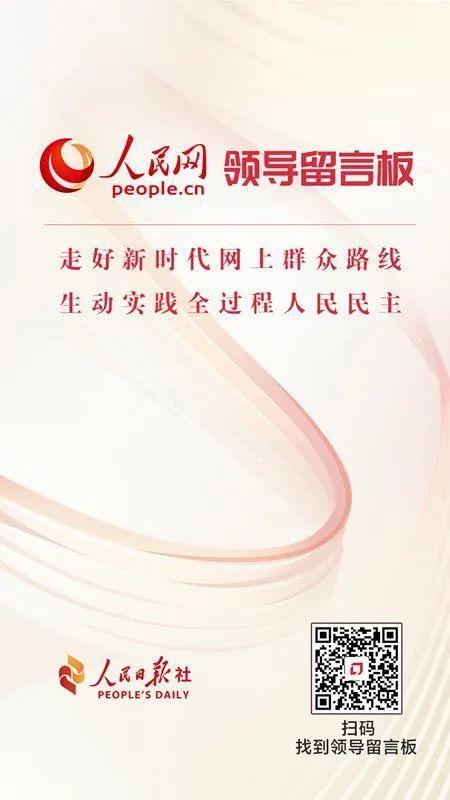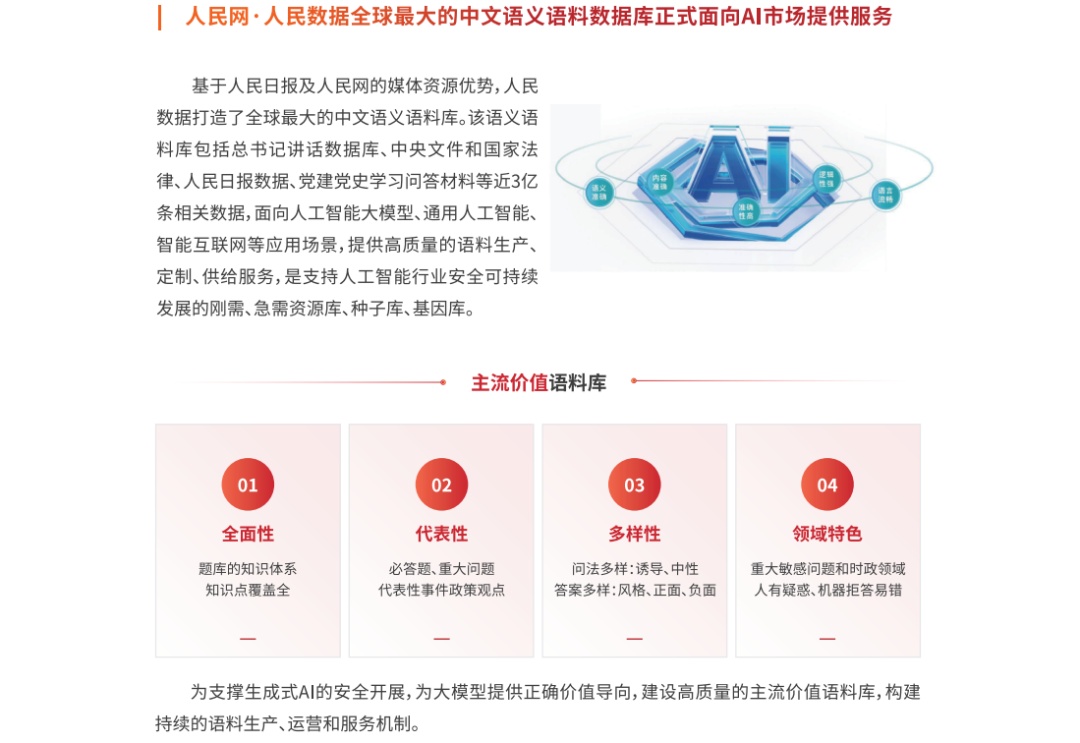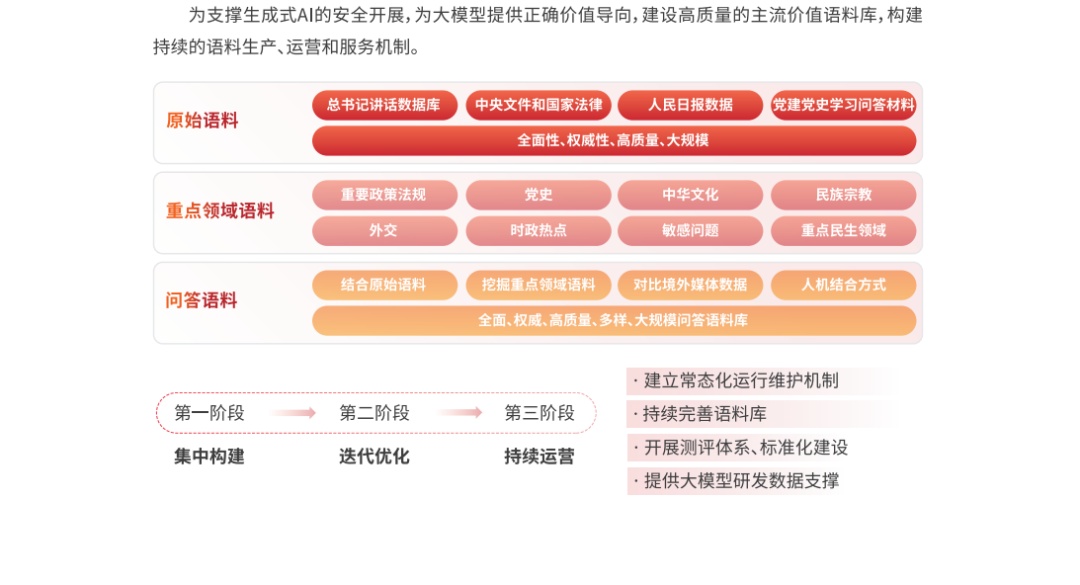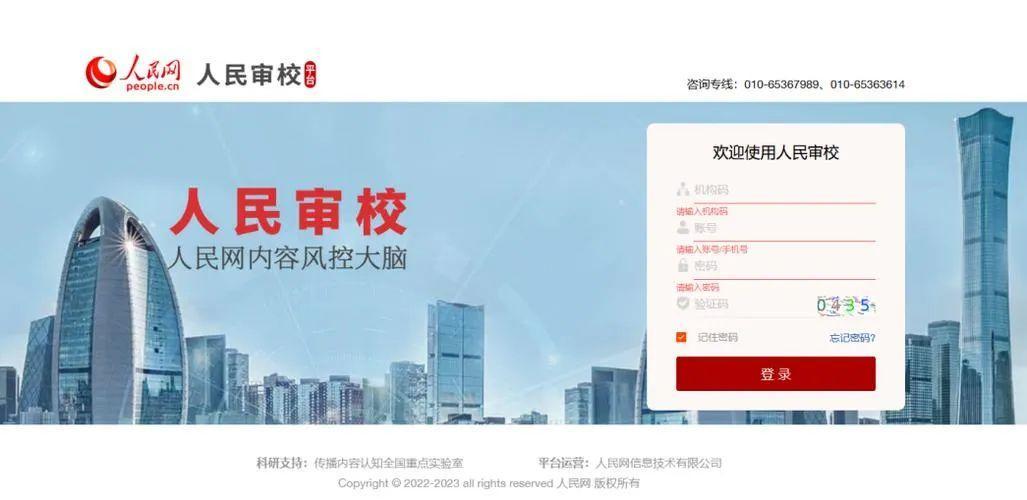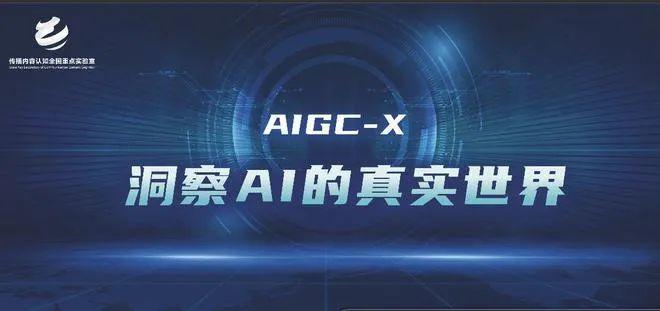Chapter I General Provisions
Chapter II Investigation and Planning
Chapter III Utilization and Management
Chapter IV Protection
Chapter V Monitoring and Supervision
Chapter VI Legal Liability
Chapter VII Supplementary Provisions
Chapter I General Provisions
Article 1 In order to strengthen the protection and management of groundwater, scientifically and rationally utilize groundwater, and realize the safe and sustainable utilization of groundwater, these Regulations are formulated in accordance with People’s Republic of China (PRC) Water Law, People’s Republic of China (PRC) Water Pollution Prevention Law, Groundwater Management Regulations and other laws and administrative regulations, combined with the actual situation of this province.
Article 2 These Regulations shall apply to the investigation, planning, utilization and protection, monitoring, supervision and management of groundwater within the administrative area of this province.
The term "groundwater" as mentioned in these Regulations refers to the water body below the surface.
Article 3 The protection and utilization of groundwater shall follow the principles of overall planning, strict protection, giving priority to water conservation, balancing exploitation and compensation, and preventing pollution.
Article 4 This province implements the system of total groundwater intake control and water level control, adheres to the overall allocation of surface water and groundwater, and gives priority to the use of surface water and other alternative water sources.
Article 5 The people’s governments at or above the county level shall take overall responsibility for the protection and management of groundwater within their administrative areas, and incorporate the infrastructure construction such as groundwater protection, conservation and monitoring into the national economic and social development plan at the corresponding level, and the required funds into the fiscal budget at the corresponding level.
The people’s governments at or above the county level shall, in accordance with the requirements of the red line of ecological protection, incorporate the implementation of mandatory constraint control indicators for groundwater development and utilization, conservation and protection and pollution prevention into the comprehensive evaluation system of local economic and social development and the annual target responsibility content, and implement strict assessment management.
Township (town) people’s governments and sub-district offices shall assist and cooperate in the supervision, management and service related to groundwater in their respective areas.
Sixth water administrative departments at or above the county level shall be responsible for the unified management and supervision of groundwater within their respective administrative areas in accordance with their statutory duties.
The competent administrative department of ecological environment at or above the county level shall be responsible for the supervision and management of groundwater pollution prevention and control within their respective administrative areas. The administrative departments of natural resources at or above the county level shall, in accordance with the division of responsibilities, do a good job in the investigation and monitoring of groundwater within their respective administrative areas.
Housing and urban and rural construction, agriculture and rural areas, energy, meteorology and other departments at or above the county level shall be responsible for the management and supervision of groundwater within their respective administrative areas in accordance with the division of responsibilities.
Article 7 People’s governments at or above the county level shall encourage and support scientific research and teaching units, technology popularization institutions, other social organizations, enterprises, institutions and individuals to carry out scientific research and technology popularization in groundwater development and utilization, conservation and protection, pollution prevention and water conservation.
Article 8 The people’s governments at or above the county level and their water conservancy, natural resources, ecological environment, education, science and technology, cultural tourism, radio and television and other relevant departments shall organize and carry out publicity on groundwater public welfare, popularize scientific knowledge, and enhance the public’s awareness of water conservation and groundwater protection.
Encourage and support schools, kindergartens, village (neighborhood) committees, groundwater industry associations and other social organizations and volunteers to carry out publicity and education on groundwater protection laws and regulations and related knowledge.
Article 9 All units and individuals have the obligation to protect and save groundwater, and have the right to complain and report acts of destruction, waste, pollution and illegal exploitation of groundwater.
The water administrative department and other relevant administrative departments shall, after accepting the complaints and reports, verify them in time, investigate and deal with them according to law, and report the investigation results to the complainants and informants, and announce them to the public when necessary.
Chapter II Investigation and Planning
Tenth people’s governments at or above the county level shall organize the administrative departments of water conservancy, natural resources and ecological environment to carry out the investigation and evaluation of groundwater conditions.
The results of investigation and evaluation are an important basis for the planning of groundwater protection and utilization, pollution prevention and control, and groundwater management. The results of investigation and evaluation shall be announced to the public according to law.
Article 11 The water administrative department at or above the county level shall, according to the results of groundwater investigation and evaluation, the carrying capacity of water resources and the trend of economic and social development, organize the preparation of groundwater protection and utilization planning in its administrative area in accordance with the principle of water demand and water quantity, solicit the opinions of the relevant administrative departments of the people’s government at the same level, and report it to the people’s government at the same level for approval and implementation.
Groundwater protection and utilization planning should include groundwater resources and its development and utilization status, groundwater protection and utilization objectives and overall layout, main tasks, as well as groundwater conservation and over-exploitation management and other major measures.
Twelfth groundwater protection and utilization planning should be subject to the comprehensive planning of water resources, river basin planning and groundwater protection and utilization planning at the next higher level.
The compilation of national economic and social development planning, land space planning and other related planning, and the layout of major construction projects should adhere to the principles of determining cities, land, people and production by water, adapt to the conditions of groundwater resources and the requirements of groundwater protection, and conduct scientific argumentation.
The opinions of experts, the public and relevant units shall be solicited for the planning of groundwater protection and utilization.
Thirteenth groundwater protection and utilization planning shall be announced to the public after approval, and reported to the water administrative department at the next higher level for the record.
Groundwater protection and utilization planning shall be strictly implemented and shall not be changed without authorization. If it is really necessary to change, it shall be reported to the original approval authority for approval in accordance with the planning procedures.
Article 14 The competent administrative department of ecological environment at or above the county level shall, on the basis of the results of investigation and evaluation of groundwater resources, carry out investigation on groundwater pollution, work out plans for prevention and control of groundwater pollution in conjunction with the administrative departments of water conservancy and natural resources at the same level, report them to the people’s government at the same level for approval and implementation, and announce them to the public.
The plan for the prevention and control of groundwater pollution shall delimit the key areas for the prevention and control of groundwater pollution.
Fifteenth people’s governments at or above the county level shall regularly organize supervision, inspection and evaluation of the implementation of groundwater protection and utilization planning and groundwater pollution prevention and control planning.
Article 16 The provincial water administrative department shall, jointly with the provincial natural resources administrative department, organize the delineation of the forbidden and restricted areas of groundwater in the whole province according to the delineation of groundwater over-exploitation area, groundwater utilization and geological environment conditions, and announce them to the public after approval by the provincial people’s government, and report them to the water administrative department of the State Council for the record.
The following areas shall be designated as prohibited groundwater exploitation areas:
(1) Areas where serious ground subsidence, ground fissures, vegetation degradation and other geological disasters or ecological damage have occurred;
(two) the area covered by the public water supply pipe network in the groundwater over-exploitation area;
(3) Areas where the water supply demand has been met through alternative water sources;
(four) the exploitation of groundwater may seriously damage the ecological environment or cause great harm to the public interest;
(five) the areas under the protection of key cultural relics protection units;
(six) other areas where the exploitation of groundwater is prohibited by laws and regulations.
The following areas shall be designated as restricted groundwater exploitation areas:
(a) the area where the groundwater exploitation amount is close to the exploitable amount;
(2) Areas where the exploitation of groundwater may cause geological disasters or ecological damage;
(three) general cultural relics protection areas and scenic spots;
(four) other areas where the exploitation of groundwater is restricted by laws and regulations.
Chapter III Utilization and Management
Seventeenth access to groundwater should be mainly shallow groundwater. It is forbidden to mine groundwater that is difficult to renew, except under the circumstances stipulated by laws and regulations.
Article 18 The total groundwater intake control index and groundwater level control index at or above the county level in this province shall be formulated by the provincial water administrative department jointly with relevant departments according to the total groundwater intake control index issued by the state, and shall be implemented after being approved by the provincial people’s government, and reported to the the State Council water administrative department or its authorized river basin management institution for the record.
The total annual groundwater exploitation in each administrative region shall not exceed the approved total groundwater intake control index, and the groundwater level shall not be lower than the groundwater level control index.
The water administrative department at or above the county level shall formulate the annual groundwater intake plan according to the groundwater protection and utilization planning, total groundwater intake control index and groundwater level control index within their respective administrative areas, and the groundwater demand and water use structure calculated by scientific analysis, implement total groundwater intake control within their respective administrative areas, and report it to the water administrative department at the next higher level for the record.
New construction, renovation or expansion projects need to increase the groundwater intake, under the premise of not exceeding the regional total water intake control and water level control indicators, rational allocation.
Nineteenth industry, agriculture, animal husbandry, forestry and grass industry, energy, transportation, tourism, natural resources development and other special planning, development zone, new district planning, etc., involving the development and utilization of groundwater, should be carried out to demonstrate the planning of water resources.
If a construction project that needs to apply for a water intake permit uses groundwater, it shall prepare a water resources demonstration report.
Twentieth construction projects that use groundwater as water supply source or may have an impact on groundwater environment shall include the contents of groundwater impact assessment.
Twenty-first units and individuals who use groundwater shall pay water resource tax according to the scope and procedures stipulated by the state and the province’s system of paid use of water resources.
Article 22 Where a groundwater intake project is to be built, the water intake unit or individual shall apply to the water administrative department at or above the county level with jurisdiction for water intake, attach a construction plan for groundwater intake project, and carry out the construction by itself or by entrusting a unit with corresponding professional and technical capabilities in accordance with the requirements of the approval document for water intake permit. The construction unit shall not undertake the underground water intake project that should be obtained but has not obtained the water intake permit.
The construction unit shall organize the construction in accordance with the approved water intake location, sinking depth, mining interval and relevant technical specifications. During construction, if it is found that the actual situation is quite different from the construction plan or the geological environment is not suitable for continued construction, the construction shall be stopped immediately, and the water intake unit or individual shall promptly report to the water administrative department at or above the county level that approved the application for water intake.
The groundwater intake project for the purpose of monitoring and exploration does not need to apply for a water intake permit, and the construction unit shall report to the water administrative department at the county level where the water intake project is located for the record before construction.
The term "groundwater intake project" as mentioned in these Regulations refers to groundwater intake wells and their supporting facilities, including wells, water collection corridors, water collection tanks, seepage canals, water injection wells, and intake wells and recharge wells of geothermal energy development and utilization projects requiring water intake.
Twenty-third new construction, renovation and expansion of groundwater intake projects, metering facilities should be installed at the same time. If metering facilities are not installed in the existing groundwater intake project, they shall be installed within the time limit prescribed by the water administrative department.
Units or individuals that use groundwater with an annual permitted water volume of more than 50,000 cubic meters shall install online metering facilities for groundwater intake and transmit the metering data to the water administrative department with jurisdiction in real time.
If the annual license of geothermal energy development and utilization projects requiring water intake reaches more than 50,000 cubic meters, online metering facilities for groundwater intake and recharge shall be installed, and the metering data shall be transmitted to the water administrative department with management authority in real time.
Twenty-fourth groundwater intake project has been completed and put into trial operation for thirty days, and the water intake unit or individual shall apply to the water intake permit examination and approval authority for water intake acceptance.
The examination and approval authority for water intake permit shall, within 15 days from the date of receiving the application and materials for verification of water intake projects submitted by water intake units or individuals, conduct on-site verification of groundwater intake projects and issue verification opinions. If the inspection is qualified, the water intake permit shall be issued.
Article 25 If a small amount of water needs to be dug outside the boundaries of urban development, such as family life, sporadic free-range livestock and poultry drinking, etc., it shall be registered with the water administrative department at the county level after the completion of the sinking. The limit of a small amount of water intake shall be stipulated by the provincial people’s government.
The township (town) people’s government, street offices and village (neighborhood) committees shall assist and cooperate with the water administrative department to do relevant work.
Article 26 People’s governments at or above the county level shall take measures such as price subsidies, encourage and support agricultural irrigation to give priority to the use of surface water, popularize water-saving technologies such as drip irrigation and sprinkler irrigation, and reduce the exploitation of groundwater by agricultural irrigation.
Article 27 If the drainage capacity of mining mineral deposits or building underground projects reaches a certain scale, it shall apply for water intake permit according to law, formulate drainage schemes, install drainage metering facilities, and regularly submit the drainage capacity and groundwater level to the water intake permit examination and approval authority. Mining units or construction units shall, in accordance with the water permit approval documents and drainage scheme, drain, recycle or discharge up to the standard, and shall not expand the drainage area and change the discharge location without authorization. The scale of drainage is formulated and published by the provincial people’s government.
Encourage mining units or construction units to take technical measures such as artificial recharge and recycling, and give priority to the use of mine water and construction drainage. If it cannot be fully utilized, it shall be discharged after reaching the standard.
If the groundwater level drops, the water source dries up or the ground collapses due to drainage, the mining unit or the construction unit shall take timely engineering and technical measures to remedy it; If losses are caused to the life and production of others, compensation shall be given according to law.
Those who exploit oil, natural gas and other resources by water injection shall strictly implement national technical standards and norms to prevent cascading pollution of groundwater.
Twenty-eighth geothermal energy development and utilization projects that need water should meet the requirements of groundwater protection and utilization planning within their respective administrative areas. It is forbidden to build geothermal energy development projects that need water in groundwater drinking water source protection areas and groundwater forbidden mining areas. It is forbidden to extract groundwater that is difficult to update for geothermal energy development and utilization projects that need water.
Units or individuals building geothermal energy development and utilization projects that need water should be constructed in accordance with the requirements of relevant national technical specifications. Water intake wells and recharge wells should be arranged in the same aquifer, keeping a reasonable number and spacing. All water intake should be recharged to the same aquifer, and pollution to groundwater is strictly prohibited.
Twenty-ninth people’s governments at or above the county level shall plan, build and determine the emergency source of groundwater for emergency use in the event of severe drought and emergencies. Groundwater emergency water source project, unified management by the water administrative department.
Chapter IV Protection
Thirtieth delineation, supervision and management of urban and rural residents’ groundwater drinking water source protection areas shall be implemented in accordance with the relevant provisions of the state and the province on the management of urban and rural drinking water source protection areas.
The people’s governments at or above the county level shall promote the construction of centralized water supply projects in rural areas, strengthen the protection of groundwater drinking water sources, regularly monitor the water sources and water quality, and ensure the safety of drinking water for rural residents.
Article 31 The people’s governments at or above the county level and their relevant administrative departments in charge of water conservancy, ecological environment, housing and urban and rural construction, forestry, etc. shall organize relevant units to take engineering and biotechnology measures to increase groundwater recharge and conserve groundwater in a planned way in accordance with the principle of giving priority to natural restoration and combining artificial restoration.
Thirty-second people’s governments at or above the county level shall strengthen the protection and management of wetlands, and give play to the functions and functions of wetlands in purifying water quality and replenishing and conserving groundwater.
It is forbidden to drain or permanently cut off the water source of natural wetlands within the scope of wetland protection, discharge sewage and wastewater that do not meet the discharge standards of water pollutants, and dump, pile up, discard or scatter solid wastes.
The pavement of urban roads should adopt environmentally-friendly building materials and structural forms with strong water permeability, and increase the supply of surface water to groundwater.
Article 33 The provincial water administrative department shall, jointly with the relevant departments of the people’s government at the corresponding level, formulate a comprehensive control plan for groundwater overexploitation within its administrative area, and report it to the water administrative department of the State Council for the record after being approved by the provincial people’s government.
The people’s governments of cities and counties (cities, districts) divided into districts with over-exploitation of groundwater shall, on the basis of the comprehensive control scheme for over-exploitation of groundwater at the provincial level, compile the comprehensive control scheme for over-exploitation of groundwater in their respective administrative areas and report it to the water administrative department at a higher level for the record.
The comprehensive control plan of groundwater overexploitation should define the objectives, measures and responsibilities, rationally adjust the water use structure, reduce the amount of groundwater exploitation, and conserve and restore groundwater.
Thirty-fourth, except in the following circumstances, it is forbidden to take groundwater in the prohibited area of groundwater exploitation:
(a) in order to ensure the safety of underground engineering construction and production safety, temporary emergency water intake (drainage) must be carried out;
(two) to eliminate the harm to public safety or public interests;
(3) Taking a small amount of water for groundwater monitoring, exploration and testing.
In addition to the circumstances specified in the preceding paragraph, it is forbidden to add groundwater in the restricted groundwater exploitation area, and gradually reduce the groundwater intake; After the circumstances specified in the preceding paragraph are eliminated, the use of groundwater shall be stopped immediately.
Self-provided groundwater intake projects that need to be closed according to law but have good well completion conditions and guaranteed water quality and quantity are registered and sealed, and incorporated into the management of groundwater emergency water source system.
Article 35 In the over-exploitation area of groundwater, the people’s governments at or above the county level shall take measures such as artificial recharge in a planned way to increase the effective recharge of groundwater.
If artificial recharge is used to recharge groundwater, the quality of recharge water shall not be inferior to that of aquifer groundwater and the target water quality of groundwater functional area. Before taking artificial recharge measures, the water administrative department at or above the county level shall organize technical demonstration and strict management. It is forbidden to use waste water for groundwater recharge.
Article 36 The people’s governments at or above the county level, their ecological environment and other administrative departments responsible for environmental protection supervision shall, in accordance with the principles of giving priority to protection, giving priority to prevention, combining prevention with control, fulfilling responsibilities and strengthening supervision, strengthen the prevention and control of groundwater pollution, ensure the environmental safety of groundwater drinking water sources, implement prevention and control of pollution in key industrial industries and urban life, strictly control agricultural non-point source pollution, promote the ecological restoration of groundwater and ensure the sustainable utilization of groundwater resources.
Enterprises, institutions and other producers and operators shall prevent and reduce the pollution of groundwater and the damage to the water environment, and bear the responsibility for the damage caused according to law.
Article 37 For construction projects or activities that are prone to groundwater pollution, such as using ditches and pits to transport or store wastewater containing pollutants, sewage containing pathogens and other wastes, landfills, tailings ponds and ash storage yards, the construction unit or individual shall conduct seepage control treatment in accordance with the relevant provisions of the state, and build supporting collection and treatment systems and groundwater monitoring facilities to regularly monitor water quality.
Article 38 The following acts that pollute or may pollute groundwater are prohibited:
(a) the use of seepage wells, seepage pits, cracks, caves and hidden pipes and other ways to escape supervision to discharge water pollutants;
(2) storing petrochemical raw materials and products, pesticides, hazardous wastes, sludge produced by urban sewage treatment facilities, treated sludge or other toxic and harmful substances by using rock pores, cracks, caves and abandoned pits;
(3) conveying or storing wastewater containing toxic pollutants, sewage containing pathogens and other wastes by using ditches, pits and ponds without anti-leakage measures;
(four) other acts of pollution or possible pollution of groundwater prohibited by laws and regulations.
Scrapped drilling wells, mines and water intake wells shall be sealed and backfilled according to law, so as to ensure the quality of sealed and backfilled wells and prevent groundwater from being polluted by cascading.
Article 39 Relevant administrative departments of agriculture and rural areas at or above the county level, agricultural technology popularization institutions and agricultural socialized service organizations shall organize and carry out green prevention and control technologies such as soil testing and formulated fertilization, integrated prevention and control of diseases, pests and weeds, biological control and precise application of pesticides, so as to guide farmers and agricultural production and operation organizations to use chemical fertilizers and pesticides scientifically and rationally to prevent groundwater pollution.
Groundwater and drinking water source recharge areas should take measures such as engineering and biotechnology, implement ecological compensation, reduce the application amount of chemical fertilizers and pesticides, give priority to promoting the use of biological pesticides or integrated pest control technologies with high efficiency, low toxicity and low residue, and actively develop green organic agriculture.
Chapter V Monitoring and Supervision
Article 40 The people’s governments at or above the county level shall, in accordance with the principle of graded responsibility, organize relevant departments to prepare plans for the construction of groundwater monitoring stations network, integrate existing groundwater monitoring resources, make overall planning and rational layout of groundwater monitoring stations network, strengthen the capacity building of groundwater monitoring, and promote the modernization and informatization of monitoring work. The construction planning of groundwater monitoring stations at all levels should be connected with each other to avoid repeated construction.
The administrative departments of water conservancy, natural resources and ecological environment at or above the county level shall carry out groundwater monitoring to realize timely and effective collection, transmission, processing and storage of monitoring data.
Article 41 No unit or individual may occupy, destroy or use or move underground water monitoring facilities, equipment and monitoring signs without authorization.
New construction, renovation and expansion projects should avoid groundwater monitoring facilities and equipment; If it is really impossible to avoid and it is necessary to dismantle the underground water monitoring facilities and equipment, the administrative departments of water conservancy, natural resources and ecological environment at or above the county level shall organize the relocation in accordance with the relevant technical requirements, and the relocation expenses shall be borne by the construction unit.
Forty-second mining mineral deposits, construction of underground projects and geothermal energy development and utilization projects that need water should be synchronized with the construction and installation of groundwater monitoring facilities and equipment, and access to the groundwater monitoring station network system to transmit monitoring data.
Forty-third groundwater monitoring should be carried out in accordance with the requirements of the national monitoring technical specifications, to ensure the authenticity, accuracy and timely transmission of monitoring data, and shall not damage, conceal, forge or alter the original data of groundwater monitoring.
Forty-fourth at or above the county level water conservancy, natural resources, ecological environment, housing and urban and rural construction, meteorology and other departments related to groundwater monitoring data, the implementation of resource sharing. If it is necessary to use monitoring data for public interests, it shall be provided free of charge.
Information on the development and utilization of groundwater resources and the monitoring of groundwater environment shall be disclosed to the public by the relevant departments according to law, so as to provide convenience for the public to participate in supervision and save, protect and utilize groundwater.
Article 45 When the water conservancy, natural resources, ecological environment and other relevant administrative departments at or above the county level find that the groundwater monitoring situation has changed abnormally and is close to the control index, they shall promptly report to the people’s government at the same level and the administrative department at the next higher level, and notify the relevant people’s government to take corresponding preventive, control or remedial measures in time.
The water administrative department at or above the county level shall restrict the approval of new groundwater intake for construction projects in administrative areas where the total groundwater intake or water level is close to the control index; For administrative regions where the total amount of groundwater intake or water level has reached or exceeded the control index, the examination and approval of new groundwater intake for construction projects shall be suspended, and the groundwater intake shall be gradually reduced.
Article 46 The water administrative department at or above the county level shall establish a registration management system for groundwater intake projects, register the quantity, location, equipment operation, management and use of groundwater intake projects, and implement dynamic information management.
Scrapped mines, drilling, groundwater intake projects, or underground water intake projects that have not been completed and whose exploration tasks should be stopped according to law, shall be closed or backfilled by the project owner or management unit in accordance with relevant standards and norms within 15 working days from the date of stopping water intake, construction or exploration tasks, and inform the water administrative department at or above the county level of the situation; If the owner or management unit cannot be determined, the people’s government at or above the county level or its authorized department shall be responsible for organizing the implementation of well sealing or backfilling.
Forty-seventh the construction of groundwater intake project may affect the water rights and interests of adjacent administrative areas, and the water administrative department at or above the county level where the water intake party is located shall negotiate with the water administrative department of the adjacent party; If negotiation fails, it shall be coordinated by the common water administrative department at the next higher level.
In case of water dispute, it shall be handled in accordance with the relevant provisions of the law.
Forty-eighth water administrative departments at or above the county level shall uniformly exercise the duties of groundwater supervision and management, and their subordinate groundwater management institutions shall be specifically responsible for the following daily supervision and management work:
(1) Organizing the investigation and evaluation of groundwater, and drawing up plans for groundwater protection and utilization;
(two) the supervision and management of groundwater intake projects;
(three) the implementation of groundwater monitoring station network and its information construction, collecting and sorting out monitoring information;
(four) to investigate and deal with violations of laws and regulations on groundwater management according to law;
(five) other supervision and management duties as prescribed by laws and regulations.
Article 49 The water administrative department at or above the county level shall incorporate the illegal information of enterprises, institutions and other producers and operators in the development and utilization of groundwater into the management of the public credit information system, promptly announce the list of offenders to the society, and improve the disciplinary mechanism for offenders.
Fiftieth groundwater associations and other industry organizations shall, in accordance with the provisions of laws and articles of association, strengthen the self-discipline management of groundwater industry and carry out technical guidance, training and services in the industry.
Chapter VI Legal Liability
Article 51 If the people’s governments at or above the county level and their administrative departments in charge of water conservancy, natural resources and ecological environment commit any of the following acts, their higher authorities shall order them to make corrections, and the responsible persons in charge and other persons directly responsible shall be punished according to law:
(1) Failure to take effective measures to expand the scope of groundwater overexploitation within the administrative area, or the groundwater pollution situation has not been improved or even deteriorated;
(two) the total control index of groundwater intake and the control index of groundwater level in the administrative area of the cost are not completed;
(three) unauthorized approval of water permits that do not meet the conditions;
(four) the groundwater level is lower than the control level without taking relevant measures;
(five) found that illegal acts are not investigated and dealt with according to law and other non-performance of supervision and management duties;
(six) other illegal acts such as abuse of power, dereliction of duty and malpractice.
Township (town) people’s government, street offices and their staff, in violation of the provisions of this Ordinance, in accordance with the provisions of the preceding paragraph.
Article 52 If, in violation of the provisions of Article 23 of these regulations, metering facilities are not installed in the groundwater intake project, the water administrative department at or above the county level shall order it to be installed within a time limit, and the relevant expenses shall be levied according to the water intake calculated by the daily maximum water intake capacity, and a fine of not less than 100,000 yuan but not more than 500,000 yuan shall be imposed; If the circumstances are serious, the water permit shall be revoked.
If the metering facilities are unqualified or operate abnormally, the water administrative department at or above the county level shall order them to be replaced or repaired within a time limit; If it is not replaced or repaired within the time limit, the relevant expenses shall be levied according to the daily maximum water intake capacity, and a fine of not less than 100,000 yuan but not more than 500,000 yuan shall be imposed; If the circumstances are serious, the water permit shall be revoked.
In the Yellow River Basin, if online metering facilities are not installed as required, the water administrative department at or above the county level shall order it to be installed within a time limit, and the relevant expenses shall be assessed according to the daily maximum water intake capacity, and a fine of not less than 20,000 yuan but not more than 100,000 yuan shall be imposed; If the circumstances are serious, a fine of not less than 100,000 yuan but not more than 500,000 yuan shall be imposed, and the water intake permit shall be revoked; If the online metering facilities are unqualified or abnormal, the water administrative department at or above the county level shall order them to be replaced or repaired within a time limit; If it is not replaced or repaired within the time limit, the relevant expenses shall be levied according to the daily maximum water intake capacity, and a fine of not more than 50,000 yuan shall be imposed; If the circumstances are serious, the water permit shall be revoked.
Article 53 If, in violation of the provisions of the first paragraph of Article 27 of these regulations, the drainage of mineral resources exploitation and underground engineering construction should be submitted regularly and the drainage amount and groundwater level are not submitted, the water administrative department at or above the county level shall order it to make a supplementary report within a time limit; Those who fail to make up the report within the time limit shall be fined not less than 20,000 yuan but not more than 100,000 yuan.
Fifty-fourth in violation of the provisions of these regulations, causing groundwater pollution, shall be punished in accordance with the provisions of the "People’s Republic of China (PRC) Environmental Protection Law" and "People’s Republic of China (PRC) Water Pollution Prevention Law".
Article 55 Whoever, in violation of the provisions of Article 41 of these regulations, encroaches on, destroys or moves underground water monitoring facilities and equipment and monitoring signs without authorization shall be ordered by the administrative department of water conservancy, natural resources and ecological environment at or above the county level to stop the illegal act, take remedial measures within a time limit and be fined between 20,000 yuan and 100,000 yuan; If remedial measures are not taken within the time limit, the administrative departments of water conservancy, natural resources and ecological environment at or above the county level shall organize remedial measures, and the expenses required shall be borne by the violator.
Article 56 If the water administrative department at or above the county level imposes a fine of more than 5,000 yuan on an individual or 50,000 yuan on a unit, it shall inform the parties of their right to request a hearing.
Fifty-seventh acts in violation of the provisions of these regulations, laws and regulations have penalties, from its provisions. If a crime is constituted, criminal responsibility shall be investigated according to law.
Chapter VII Supplementary Provisions
Article 58 Where laws and regulations have other provisions on the management of mineral water and geothermal water, such provisions shall prevail.
Article 59 These Regulations shall come into force as of April 1, 2016.








